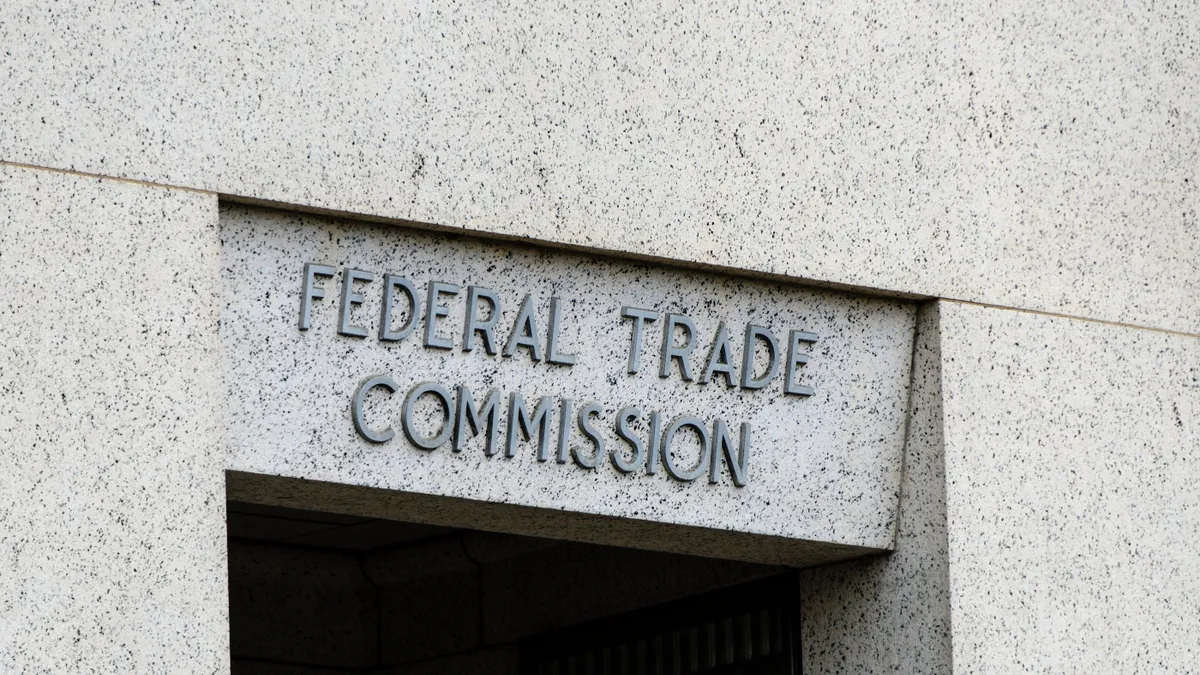Dive Brief:
- The Federal Trade Commission has permanently banned New York City-based Roomster and its owners, John Shriber and Roman Zaks, from buying or incentivizing consumer reviews under a proposed order filed on Monday, according to a news release. The FTC filed the stipulated order in the District Court for the Southern District of New York. Once approved and signed by a District Court judge, stipulated orders have the force of law.
- The move comes as part of a settlement resulting from charges that Shriber and Zaks bought fake reviews to entice consumers to pay for access to living arrangement listings that they claimed were verified, authentic and available, according to the FTC.
- Consumers who paid for the company’s service alleged that many of its listings were fake and that the company failed to verify those advertisements.
Dive Insight:
Roomster, an online listing service for apartments and roommate matching, flooded the internet with tens of thousands of four- and five-star fake reviews that it largely bought from Jonathan Martinez, doing business as AppWinn, according to the FTC. The executives had given precise directions about how to post the fake reviews, including “dripping” the reviews at a slow pace and spreading out points of origin by country, according to court documents. Martinez has already settled with FTC. He agreed to a permanent injunction and a payment of $100,000.
Roomster encourages users to pay a subscription in order to access its listings and is primarily used by low-income renters and students. To test whether the company verified its listings, investigators created a fake rental listing using a U.S. Post Office commercial facility’s address and posted it on the site. The listing remained on the site for several months, and the investigators were never once contacted to verify the details.
In August 2022, the FTC and attorneys general from New York, California, Colorado, Florida, Illinois and Massachusetts charged that Roomster and its owners, either directly or through affiliate marketers, used phony listings on other sites like Craigslist to drive consumers to the company’s platform. The customers paid fees only to discover that the listings didn’t exist.
In addition to being banned from buying reviews, Roomster, Shriber and Zaks will also be unable to disseminate reviews where they have a relationship with the reviewer that might affect the review’s weight or credibility.
The proposed order also includes a monetary judgment of $36.2 million and civil penalties of $10.9 million payable to the states. Due to the defendants’ inability to pay the full amount, these fines will be suspended after Roomster and its owners pay $1.6 million to the six states.
If the company and its owners are found to have misrepresented their financial status or to have violated the terms of the order, the full amounts would become due, according to the news release.
The order requires Roomster to ensure that its listings are verified and authentic and to monitor its affiliate marketers. That monitoring includes:
- routinely reviewing marketing materials without notice.
- investigating consumer complaints about affiliates.
- providing refunds to consumers who were impacted by affiliate conduct that violated the order.
- halting payments and terminating affiliates who pose as consumers or misrepresent their status.
“Today’s settlement bans Roomster and its owners from buying or incentivizing reviews, cuts off their ability to blame phony listings on their affiliate marketers and requires them to pay monetary judgments to our six state partners,” said Samuel Levine, director of the FTC’s Bureau of Consumer Protection, in the release. “Baiting renters with fake reviews and bogus listings harms those trying to find an affordable place to live and cheats honest competitors, undermining the online marketplace.”
Click here to sign up to receive multifamily and apartment news like this article in your inbox every weekday.











